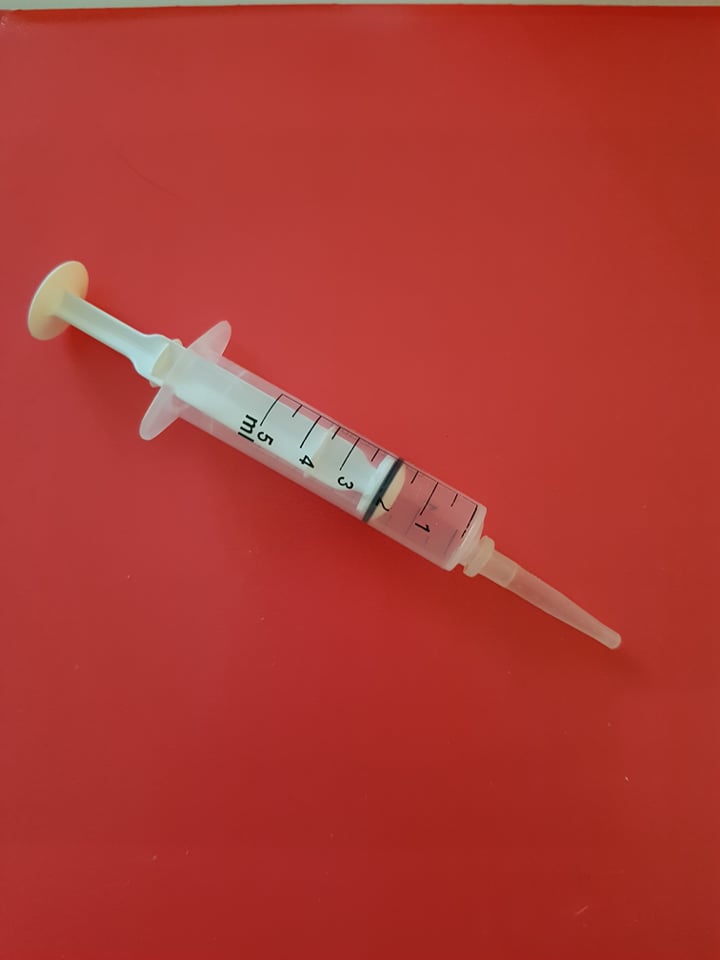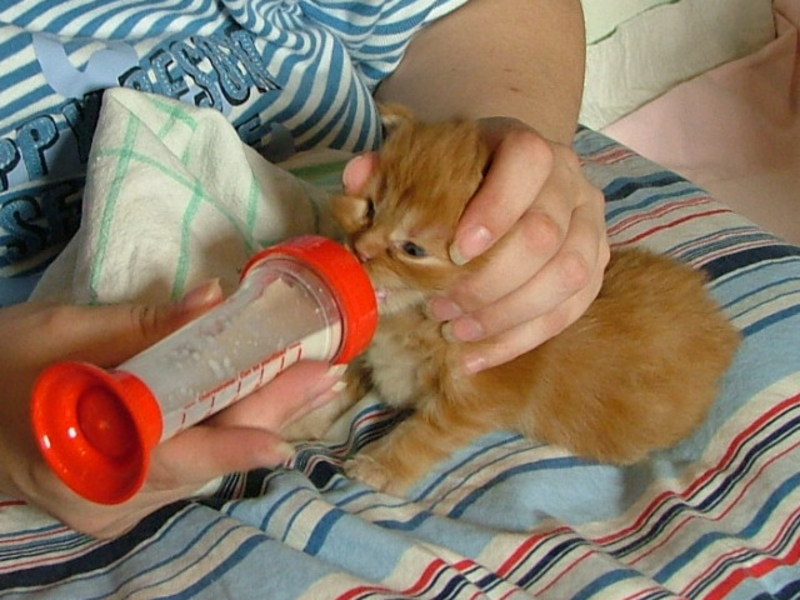A very vice old breeder once said, the biggest trouble when it comes to kitten births and kittens is Homosapiens Sapiens!
We got an ability to think that we always knows best and a wish to control everything, and we hate to feel powerless and to step aside and just watch.
But sometimes we do need to realize that the best we can do for the female and the kittens is to do just that. To step a side and let them do their thing.
Everytime we decide to go in with help, it must be with balance and should not be done in time and no time, which is something I often believe is the case.
Still today from the beginning when I first started breeding I have not loste a single kitten (who not been bord to early or stillborn which I thankfully just experience with 3 kittens in 20 years). *knock on wood*, I have to say, because lose kittens is something we all will do sooner or later, if we just continue long enough. Thats part of life and it's something we just have to accept as breeders. I normaly wont start with any support feeding if it's not clear that it's necessery.
Something that can be good to know and some advice on what I look for and do.
1. The first day, they might gain a lot of weight, but they can also be zero or sometimes even loose a little weight without something being wrong. Do NOT start support-feeding the first day unless you got someone extremely small and weak who just wont have the strenght to feed from the mother. If the are small but strong, let them handle it by themselves. It's also completely normal with a lot of screaming the first couple of days, everyone will find and take more or less control over their favorite nipple and it can go pretty wild.
2. Take their weight morning and evening the first week, just to keep track, if someone lost a little or being zero in the morning, they can very well picked that up by night. If they just lost a couple of grams, don't worry, just keep an extra eye on that one, does the kitten seems alert? Remember they all become pretty tired and laze when they are "sleeping". It have happened that I have been there almost shaking a kitten who just wont wake up in full panic, just to realize when it finaly wakes up that poor thing was just tired, and did'nt want to be awaken.
3. At about 2 weeks of age I normaly go from taking their weight twice a day to only do it once a day. If someone would stand still or lost some weight I normaly just add an extra weight at morning or night, depending on when I do the normal weight. Just to be sure it does not goes downhill. Personally I do not start with support if a kitten been standing still once and then gained again then next time I take their weight even if it's just about a few grams of weightgain.
Below is some examples of what it might look like during their first week.
The white rows are the kitten, pink rows is the weightgain in 24 hours.
The grey column is how many days old the kittens are, so first row is their birthweight. I will mark weightgain below 5 grams as red so that I can easy see and follow up, below 10 grams but over 5 grams are marked in blue. 
In this case I did not supplement feed since nr 2 was blue day 5 and after this it all sorted itself out.
In the case below I gave supplement 1-2 times morning and evening for nr 1, 3 and 5 just a few days. As soon as I see an improvement I do stopp supplement feeding, if needed I do give again from time to time. But often I do not need to do that again, normally it does sort itself out in a few days.



When I give support, I use a plasticksyringe with a silicon "nipple", they are avalible on different sites online. The "nipples" is harder to find (at least if you are locaded in Sweden as I am), but it's possible to find them.

When you do give support, keep the kitten horizontal like when it nurse from it's mother, if they are very small you can put some fabric arount them like a wrap and hold them just a little more upright, I still feel the easiest way is to let them be on their own four feet and just softly hold them a bit to direct them. More or less like their nurse from their mother.

By: Malin Sundqvist










